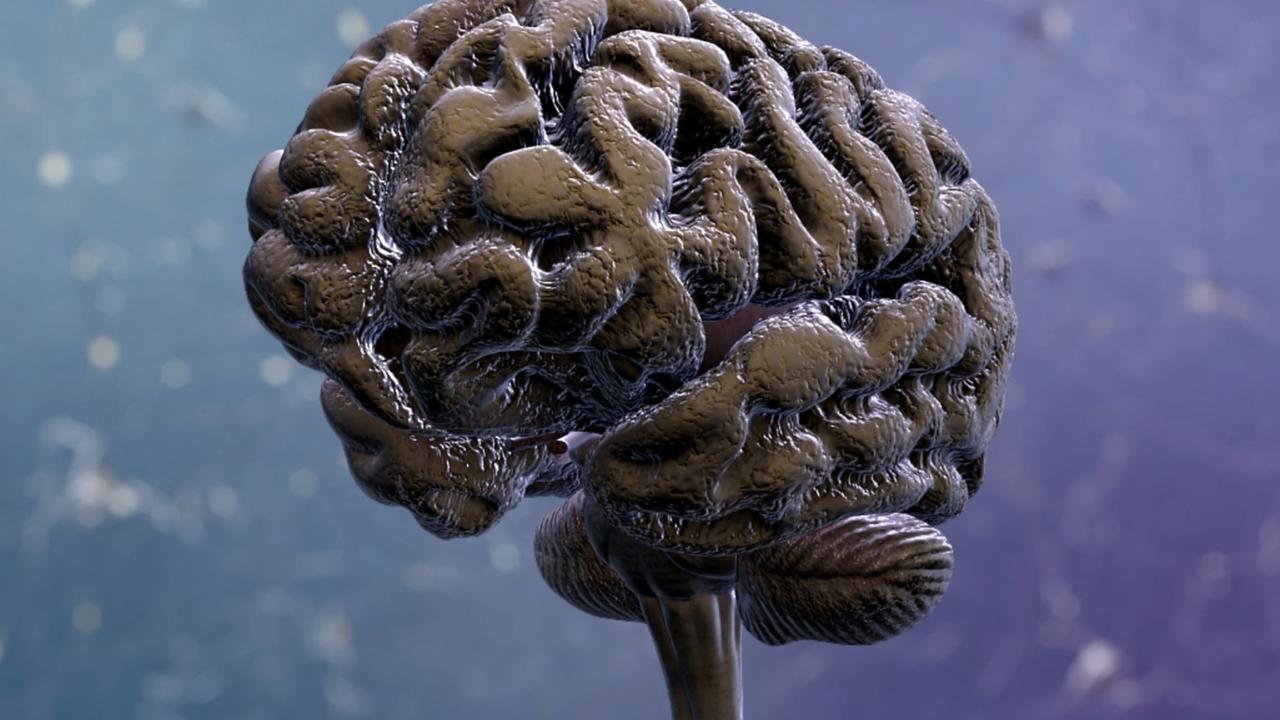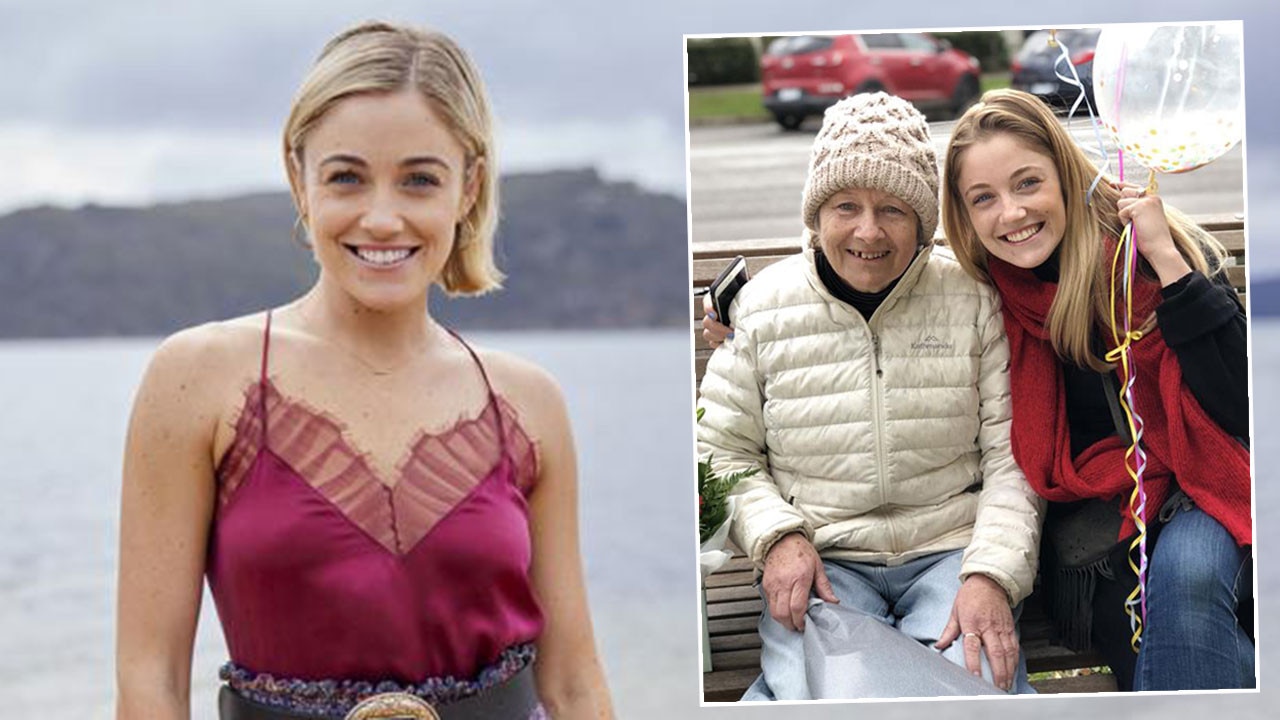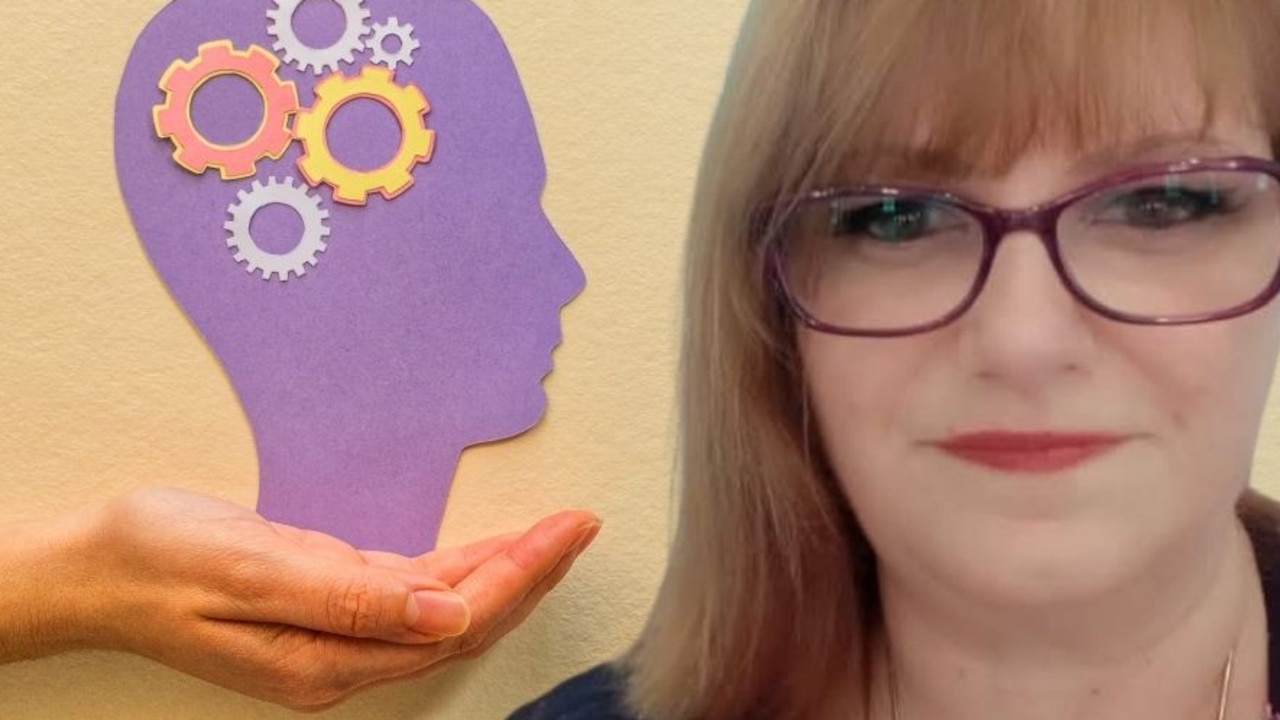Nick Smith: I quit my job to care for my mum after her dementia diagnosis
I had hoped that being with mum in person would make things easier. But instead, I spent much of my time navigating a complex healthcare system.
Dementia
Don't miss out on the headlines from Dementia. Followed categories will be added to My News.
At 30, I had a promising career – I was seven years into my role as an engineer and had just moved to Brisbane after working on large-scale developments in Sydney, such as the Crown Casino.
Then, my mother was diagnosed with Alzheimer’s disease. I left my career to move back home to Nowra, NSW to care for her.
I had hoped that being with mum in person would make things easier. But instead, I spent much of my time navigating a complex healthcare system made up of agencies that didn’t seem to speak to each other.
That period of time feels like such a blur. I feel like I’ve lived 100 lives in the last 18 months.
The system is hard to navigate – I don’t know how people do it and I hear this sentiment echoed at support groups.
At the beginning, our specialist geriatrician was fantastic. She set our expectations in the fact that the process wasn’t going to be quick, which helped me understand what the road ahead may look like.
I have my mum’s story living in my head, but when it comes to accessing services, there is no story that follows you. It is different pieces of the puzzle; different services that need to be put together.

Although I can’t fix the problem with my mum; as an engineer I can problem-solve.
I can advocate for her and give her a voice when she can’t navigate the system herself.
During the process, I learnt that what may sound like small technical details can end up saving a lot of time and stress as a carer.
Being an authorised representative on any system and organisation gives me direct access to my mum’s accounts and services which makes managing everything much easier.
And I have a book – I keep a record of everything – my mum’s reports, dates, phone numbers and the people I’ve spoken to. Everything goes into that book because you can become quickly overwhelmed with everyone you’re talking to.
As I think about my role as a carer, I reflect on growing up and getting into a career – getting a promotion, creating a sense of accomplishment in what you’re doing.
But as a carer, I never really had that sense of accomplishment.
Instead, it’s one thing after the next, and a never-ending ‘to do’ list.
It can be so disheartening, and you almost want someone to call you and say, ‘good job!’.
I would keep my friends updated when I saw them but I was seeking emotional support from other avenues, like support groups and counselling, so for me personally, I didn’t want to relive it every time I saw them – I just wanted to be 30 again.
My mum contracted Covid late last year, and over the course of a few days recovering from the virus, she experienced a rapid decline.

Each day, the decline was much worse than the day prior.
After this and a brief stint in hospital which followed, we made the decision for mum to move into residential aged care.
I’d spent time in aged care facilities as a volunteer during my time as a carer but it was still a daunting decision to make for my mum who dedicated her life to taking care of me.
With my mum now in permanent care, I’ve reflected on the last 18 months.
One of the hardest things to process is that it’s probably the longest I’ve spent with mum since I was a child.
And this 18 months is so much of what I can remember of her.
It’s hard to remember an earlier time. But every now and then someone will say, ‘oh your Mum was so quick-witted and funny’, and that helps me remember.
Being a primary carer has had a profound impact on my life. It has ignited a deep drive to contribute to the community and the healthcare system, using my lived experience for meaningful purpose.
It’s for this reason that I couldn’t return to engineering after going through such a life-altering experience.
I’ve recently joined a start-up. CaringCo is working to address one of the many problems I experienced as a carer, which is that the process of searching for home care providers and residential aged care facilities is confusing and time consuming due to scattered and often inaccurate information sources.
By being a Dementia Australia dementia advocate, I hope to help their voices be heard.
If this story has prompted any questions or concerns, please call the National Dementia Helpline on 1800 100 500 (24 hours, 7 days a week) or visit dementia.org.au.
More Coverage
Originally published as Nick Smith: I quit my job to care for my mum after her dementia diagnosis








